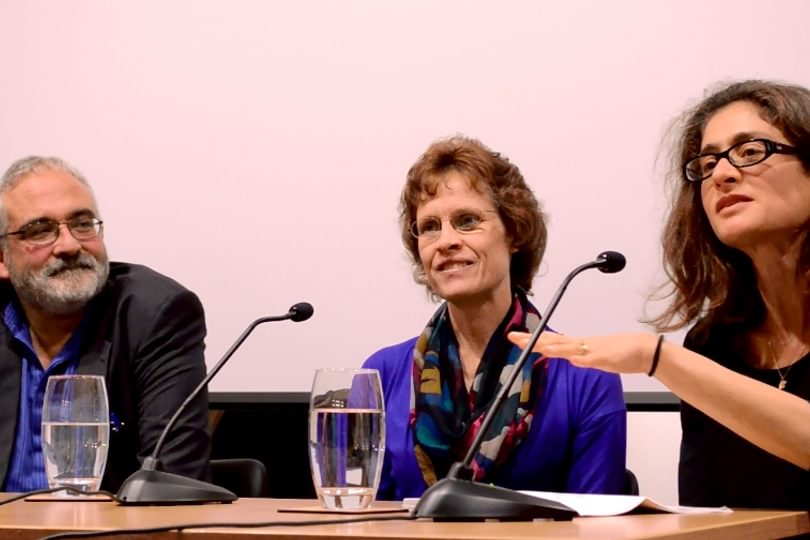
Three leading experts in diet, nutrition and the environmental impact of food production outlined in the consequences of our food choices in the latest 'Health in the 21st Century: what's new?' seminar at the Oxford Martin School.
Professor Susan Jebb, Professor of Diet and Population Health at the University of Oxford, told the audience that in the UK around a quarter of adults were clinically obese, as were 16 per cent of two to 15-year-olds, and that this had not only personal costs but was also a burden on health services and the wider economy.
She said it was not obesity itself that was the problem but the ill health that it caused, including increased risk of heart disease, stroke and diabetes. She warned: "If you are 18 and clinically obese, you have a one in two risk of developing diabetes in your lifetime. That's something that should fill us all with grave concern."
Professor Jebb said there was a need to look beyond the concept of calories and acknowledge that most people were eating too much saturated fat, salt and sugar, and not enough fibre, fruit and vegetables. “Change is extremely slow and we are still a long way away from our health targets,” she said. “We have to develop new ways to encourage, enable and support people to make changes in their diets.”
Dr Tara Garnett, Principal Investigator at the Oxford Martin Programme on the Future of Food, initiated and runs the Food Climate Research Network. She outlined the contributions that the food system makes to greenhouse gas emissions, and demonstrated the links between food production, climate change, deforestation, land degradation and water pressures.
Producing food on existing land, she said, in conjunction with changing our diets and reducing food waste, was what was needed to cut food’s impact on the environment.
Dr Mike Rayner said there were a number of reasons why people were overweight, including decreased energy expenditure, consuming more energy-dense foods, eating more, and increased economic wealth. He said he believed obesity was “symptomatic of a wider malaise” affecting societies, groups and individuals, leading to over-consumption and dangerous consequences for health and the environment.